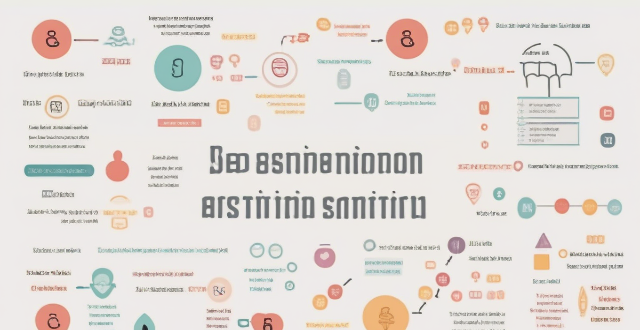Lifelong learning is crucial for staying relevant and competitive. To develop this habit, set clear goals, create a learning plan, make learning part of your daily routine, embrace challenges, stay curious, connect with others, reflect on your journey, and continuously update your skills.

How to Develop a Habit of Lifelong Learning
Lifelong learning is an essential skill that helps individuals stay relevant, adaptable, and competitive in an ever-changing world. It involves a continuous process of acquiring new knowledge, skills, and attitudes throughout one's life. Here are some tips on how to develop a habit of lifelong learning:
1. Set Clear Goals
To start your journey towards lifelong learning, it's crucial to set clear goals. Ask yourself what you want to achieve, what interests you, and what skills you need to develop. Having specific goals will help you stay focused and motivated.
2. Create a Learning Plan
Once you have identified your goals, create a learning plan that outlines the steps you need to take to achieve them. This plan should include resources such as books, courses, podcasts, or videos that you can use to acquire the necessary knowledge and skills.
3. Make Learning a Part of Your Daily Routine
Incorporate learning into your daily routine by setting aside dedicated time each day for reading, practicing new skills, or taking online courses. Even if it's just 15-30 minutes per day, consistent effort will lead to significant progress over time.
4. Embrace Challenges and Failures
Learning often involves facing challenges and making mistakes. Embrace these experiences as opportunities to grow and learn from your failures. Don't be afraid to step outside your comfort zone and try new things.
5. Stay Curious and Open-Minded
Maintain a sense of curiosity and keep an open mind when approaching new topics or ideas. Be willing to question assumptions and seek out diverse perspectives to broaden your understanding and challenge your thinking.
6. Connect with Others Who Share Your Interests
Joining groups or communities of people who share your interests can provide support, motivation, and opportunities for collaboration. Attend events, workshops, or conferences related to your field of interest to expand your network and gain valuable insights from others.
7. Reflect on Your Learning Journey
Regularly reflect on your learning journey to assess your progress, identify areas for improvement, and celebrate your achievements. Keep a journal or log where you can document your experiences, thoughts, and reflections.
8. Continuously Update Your Skills and Knowledge
Finally, remember that lifelong learning is an ongoing process. Stay up-to-date with the latest developments in your field by regularly reviewing and updating your skills and knowledge base.
By following these tips, you can develop a habit of lifelong learning that will serve you well throughout your personal and professional life.